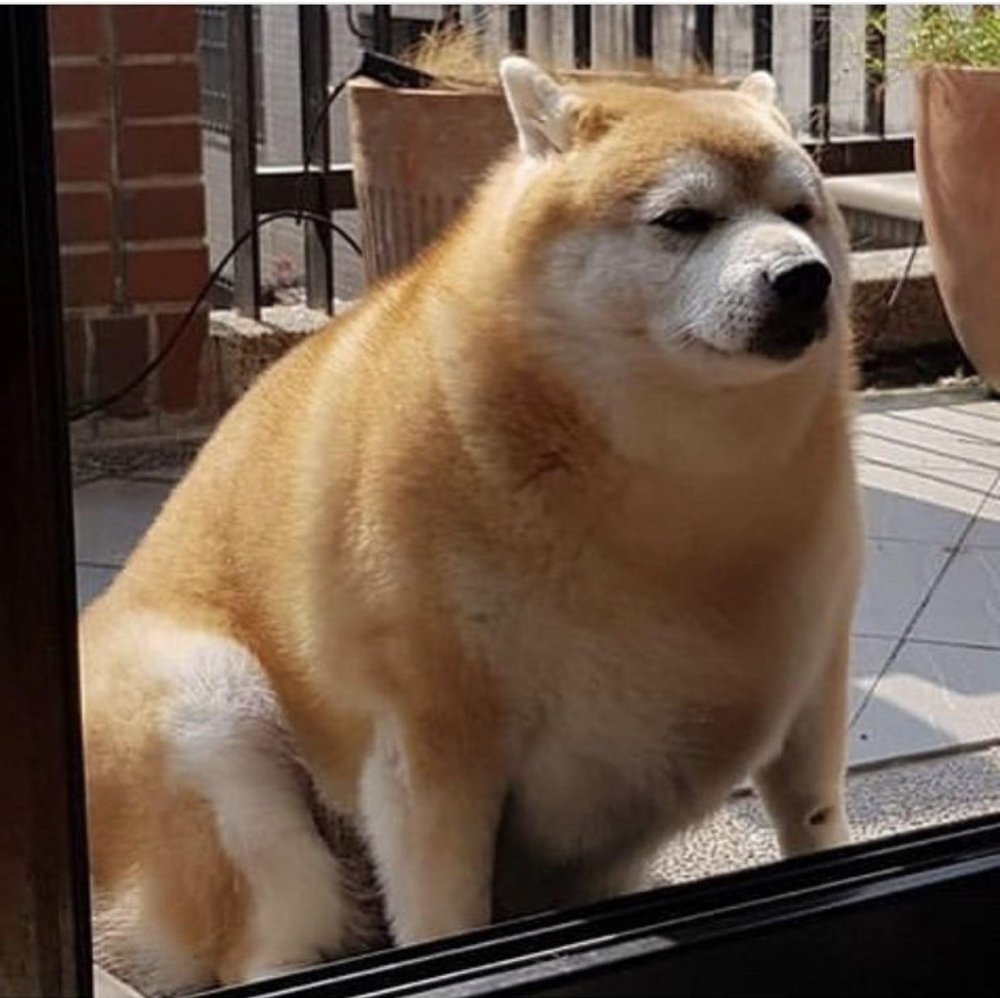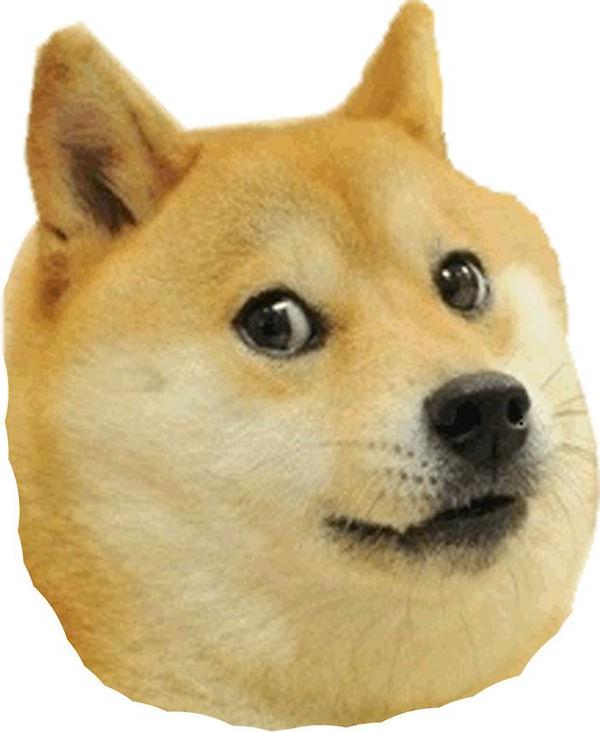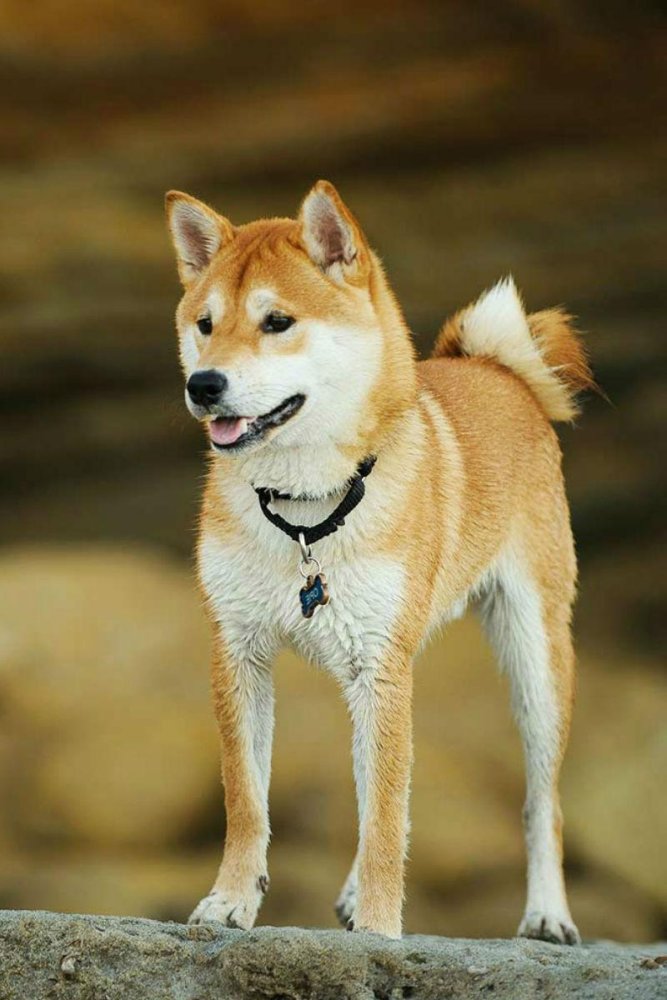- Breed Category: Non-sporting
- Country of Origin: Japan
- Average Height: Males 35-43 cm, Females 33-41 cm
- Average Weight: Males 10-12 kg, Females 8-10 kg
- Average Life Span: 12-15 years
- Grooming Requirements: Moderate, regular brushing needed
- Exercise Requirements: Daily walks and playtime
- Coat Type: Double coat, thick and plush
- Coat Color Variations: Red, sesame, black and tan
- Shedding Level: High, especially during shedding seasons
- Ear Type: Erect, triangular
- Tail Type: Curled over the back
- Temperament: Alert, independent, loyal
- Intelligence Level: High, quick learners
- Barking Tendency: Low, but can be vocal
- Compatibility with Children: Good with respectful children
- Compatibility with Other Pets: May chase smaller animals
- Training Ease: Can be stubborn, needs patience
- Common Health Issues: Allergies, hip dysplasia, eye issues
- Dietary Needs: High-quality dog food, balanced diet
- Energy Level: Moderate to high
- Drooling Tendency: Low
- Sensitivity to Weather: Tolerates cold, sensitive to heat
- Overall Maintenance Level: Moderate
- Original Purpose: Hunting small game
- Year of Recognition by Kennel Clubs: 1992 by AKC
- Famous Breed Representatives: Doge meme
- Apartment Friendly: Yes, with sufficient exercise
- Best Suited For: Active families, singles, experienced owners
- Cost of Ownership: Moderate, grooming and health care
- Unique Traits: Cat-like agility, clean nature
- Cultural Significance: National treasure of Japan
- Popularity Rank: Increasingly popular worldwide
Ever found yourself wondering if a dog could fit into your busy lifestyle? The Shiba Inu might just be the answer. Known for their spirited personality and fox-like appearance, these dogs are a unique blend of independence and loyalty. Originally from Japan, the Shiba Inu is one of the oldest and smallest native breeds, bred for hunting in mountainous terrain. Their history is rich, dating back to ancient times when they were companions to hunters. This article will delve into the Shiba Inu’s distinct characteristics, their fascinating history, and how best to care for them. Whether you’re a seasoned dog owner or a first-timer, understanding this breed can help you decide if a Shiba Inu is the right fit for your home.
Early Development and Cultural Significance of the Shiba Inu

Early Development of the Shiba Inu Breed
The Shiba Inu’s roots trace back to ancient Japan, where they were bred for hunting small game in the rugged mountains. Their agility and keen senses made them perfect companions for hunters navigating challenging terrains. Over time, these dogs were selectively bred to enhance their hunting prowess, resulting in the spirited and resilient breed we know today.
Role in Japanese Culture and History
In Japan, the Shiba Inu is more than just a pet; it’s a cultural icon. Revered for their loyalty and courage, these dogs have been depicted in art and literature throughout Japanese history. They embody the spirit of Japan’s natural landscapes and are often associated with traditional values of perseverance and strength.
Key Historical Figures and Events
During the early 20th century, efforts to preserve native Japanese breeds led to the establishment of the Nihon Ken Hozonkai, an organisation dedicated to protecting these dogs. This movement was crucial in saving the Shiba Inu from extinction, especially after World War II, when their numbers dwindled significantly.
Physical Characteristics
Shiba Inus are known for their compact, muscular build and fox-like face. Their double coat, which can be red, black and tan, or sesame, is both beautiful and functional, providing protection against harsh weather. Their curled tail and alert expression give them a distinctive and charming appearance.
Appearance and Unique Physical Traits
Shiba Inus are a sight to behold with their compact, muscular build and striking fox-like face. Their double coat is a standout feature, coming in shades of red, black and tan, or sesame. This coat isn’t just for show; it provides excellent protection against the elements. One of the most distinctive traits is their curled tail, which arches over their back, adding to their unique silhouette. Their alert expression and triangular ears give them a look of perpetual curiosity and intelligence.
Temperament and Behaviour
When it comes to personality, Shiba Inus are a fascinating mix of independence and loyalty. They’re known for their spirited nature, often displaying a bold and confident demeanour. While they can be quite independent, they form strong bonds with their families and are incredibly loyal. Shibas are also known for their cleanliness, often likened to cats in their grooming habits. However, their independent streak means they can be a bit stubborn, so early training and socialisation are key to a well-behaved companion.
Personality Traits and Suitability as a Family Pet

Typical Personality Traits
Shiba Inus are known for their independence, intelligence, and alertness. These traits make them both intriguing and challenging companions. Their independent nature means they often like to do things on their own terms, but their intelligence ensures they quickly learn new commands and tricks. Always alert, they make excellent watchdogs, ready to notify you of any unusual activity.
Suitability as a Family Pet
As family pets, Shiba Inus can be a great fit for those who appreciate a dog with a strong personality. They are loyal and form deep bonds with their families, but they do require an owner who understands their need for both companionship and independence. Their cleanliness and low-maintenance grooming needs are added bonuses for busy households.
Interaction with Children and Other Animals
Shiba Inus can get along well with children, especially if they’re raised together. However, their independent streak means they might not always be the most patient with younger kids. Supervision is recommended during interactions. With other animals, early socialisation is crucial. They can coexist peacefully with other pets if introduced properly, but their hunting instincts might kick in with smaller animals.
Training and Exercise Needs
Training a Shiba Inu requires patience and consistency. Their intelligence means they pick up commands quickly, but their stubbornness can be a hurdle. Positive reinforcement works best. Regular exercise is essential to keep them happy and healthy. Daily walks and playtime in a secure area will help burn off their energy and keep them mentally stimulated.
Training, Exercise, and Health of Shiba Inus

Importance of Early Training and Socialisation
Getting a head start on training and socialisation is crucial for Shiba Inus. These dogs are known for their independent streak, so introducing them to various environments, people, and other animals early on helps shape a well-rounded adult dog. It’s all about setting the foundation for good behaviour and reducing any potential stubbornness.
Recommended Training Techniques for Shiba Inus
When it comes to training, patience and consistency are your best friends. Shibas respond well to positive reinforcement, so reward-based training is the way to go. Keep sessions short and engaging to hold their attention. Remember, they’re smart cookies, so mix things up to keep them interested.
Daily Exercise Requirements and Activities They Enjoy
Shiba Inus are active dogs that need regular exercise to stay happy and healthy. Daily walks are a must, but they also love a good play session in a secure area. Activities like fetch or agility training can be great fun for them. Just make sure they’re always on a lead or in a fenced area, as their hunting instincts can kick in.
Health and Lifespan
Generally, Shiba Inus are a healthy breed with a lifespan of around 12 to 15 years. Regular vet check-ups and a balanced diet are key to keeping them in top shape. Be on the lookout for common issues like hip dysplasia and eye problems. With proper care, your Shiba can enjoy a long, healthy life.
Health, Grooming, and Maintenance of Shiba Inus

Common Health Issues
Shiba Inus are generally healthy, but like any breed, they can be prone to certain health issues. Keep an eye out for hip dysplasia, patellar luxation, and eye conditions like glaucoma. Regular vet visits can help catch these early.
Average Lifespan and Health Tips
With proper care, Shiba Inus can live between 12 to 15 years. A balanced diet, regular exercise, and mental stimulation are key to a long, healthy life. Don’t forget those annual vet check-ups to keep everything in check.
Preventative Care Recommendations
Preventative care is all about staying ahead. Regular vaccinations, flea and tick prevention, and dental care are essential. Keep their weight in check with a healthy diet and regular exercise to avoid obesity-related issues.
Grooming and Maintenance
Shiba Inus are pretty low-maintenance when it comes to grooming. Their double coat sheds seasonally, so a good brush once or twice a week will help manage the fur. During shedding season, you might need to up the brushing game. Regular nail trims and ear checks are also important to keep them looking and feeling their best.
Coat Care and Grooming Routines

Shedding and Seasonal Grooming Tips
Shiba Inus have a double coat that sheds seasonally, usually in spring and autumn. During these times, you’ll notice more fur around the house, so regular brushing is essential. A good brush once or twice a week can help manage the shedding and keep their coat looking its best. When shedding is at its peak, daily brushing might be necessary to keep things under control.
Invest in a quality de-shedding tool to make the process easier. It helps remove loose fur and reduces the amount of hair left around your home. Regular grooming not only keeps your Shiba looking sharp but also helps distribute natural oils, promoting a healthy coat.
Diet and Nutrition
A balanced diet is crucial for the health and wellbeing of your Shiba Inu. High-quality dog food that meets their nutritional needs is a must. Look for options rich in protein and healthy fats, as these support their active lifestyle and maintain a shiny coat.
Portion control is important to prevent obesity, which can lead to health issues. Always measure their food and adjust based on their activity level and age. Fresh water should be available at all times to keep them hydrated. Treats are fine in moderation, but they shouldn’t make up more than 10% of their daily intake.
Nutritional Needs and Feeding Guidelines for Shiba Inus
Nutritional Needs for Optimal Health
Shiba Inus thrive on a balanced diet that supports their active lifestyle. High-quality dog food rich in protein and healthy fats is essential. These nutrients help maintain their energy levels and keep their coat shiny. Look for foods with real meat as the first ingredient and avoid fillers like corn and soy.
Foods to Include and Avoid
Include lean meats, fish, and vegetables in their diet. Omega-3 fatty acids from fish oil can be beneficial for their skin and coat. Avoid foods with artificial preservatives, colours, and flavours. Also, steer clear of chocolate, grapes, and onions, as these are toxic to dogs.
Feeding Schedules and Portion Recommendations
Feed your Shiba Inu twice a day, once in the morning and once in the evening. Portion sizes depend on their age, weight, and activity level, so consult your vet for specific recommendations. Always measure their food to prevent overfeeding and obesity.
Fun Facts and Trivia
Did you know that Shiba Inus are known for their “Shiba scream”? It’s a unique vocalisation they make when excited or unhappy. Also, despite their small size, they have a big personality and are often compared to cats for their independent nature and grooming habits.
Interesting Tidbits and Famous Shiba Inus

Interesting Tidbits about the Shiba Inu Breed
Shiba Inus are full of surprises. One quirky trait is their “Shiba scream,” a high-pitched sound they make when excited or displeased. It’s a sound you won’t forget! Despite their small size, they have a big personality and are often compared to cats for their independent nature and meticulous grooming habits. They’re also incredibly agile, a nod to their hunting ancestry, and can often be seen leaping with grace and precision.
Famous Shiba Inus in Media or History
Shiba Inus have made their mark in popular culture. One of the most famous is “Doge,” an internet meme featuring a Shiba with a humorous internal monologue in Comic Sans font. This meme became so popular that it even inspired a cryptocurrency named Dogecoin. In Japan, a Shiba named Mari became a national hero after saving her puppies and an elderly owner during an earthquake. These stories highlight the breed’s charm and bravery, making them beloved worldwide.
Final Thoughts

The Shiba Inu is a captivating blend of independence and loyalty. With their rich history and unique personality, they offer both challenges and rewards to their owners. These spirited dogs require understanding and patience, but their companionship is deeply fulfilling. Embracing a Shiba Inu means welcoming a piece of Japanese heritage into your home, along with a loyal and intelligent friend. Consider adopting a Shiba Inu if you’re ready for a dynamic and enriching pet experience.
